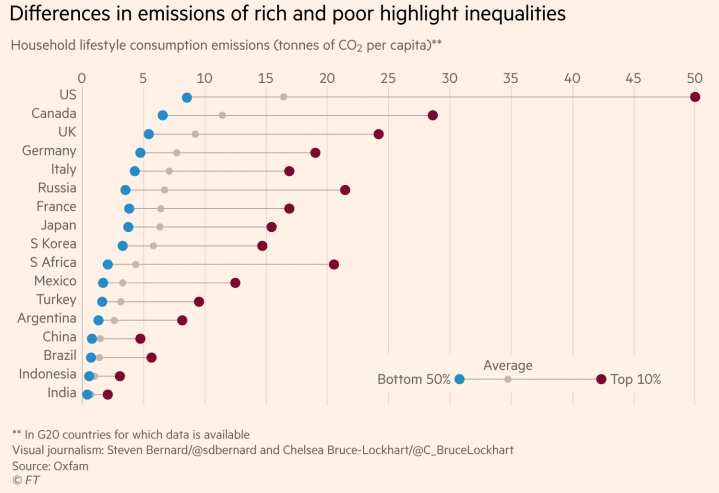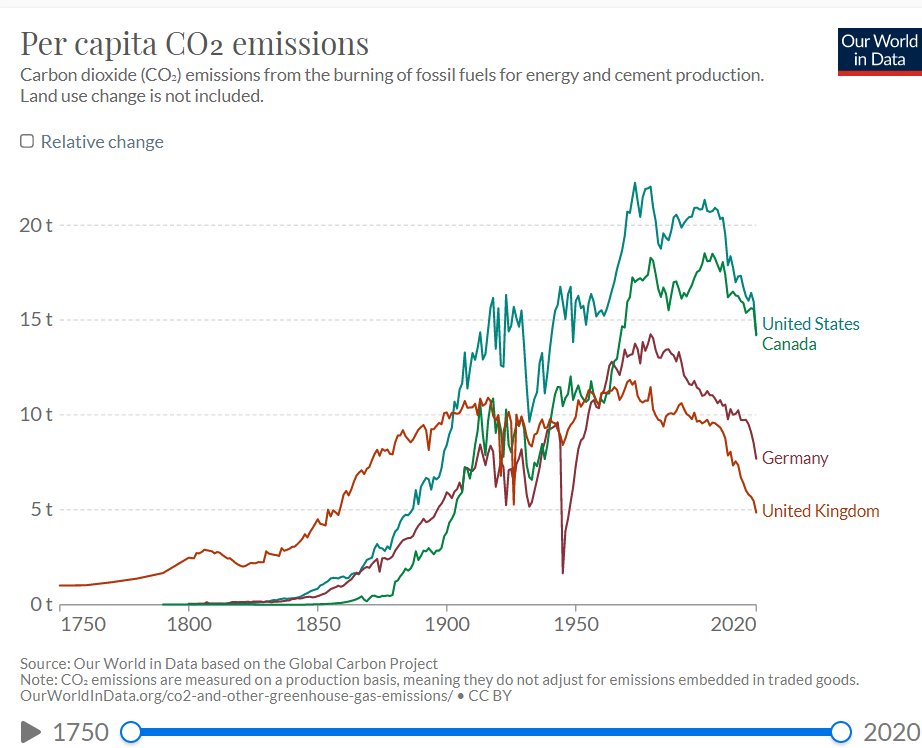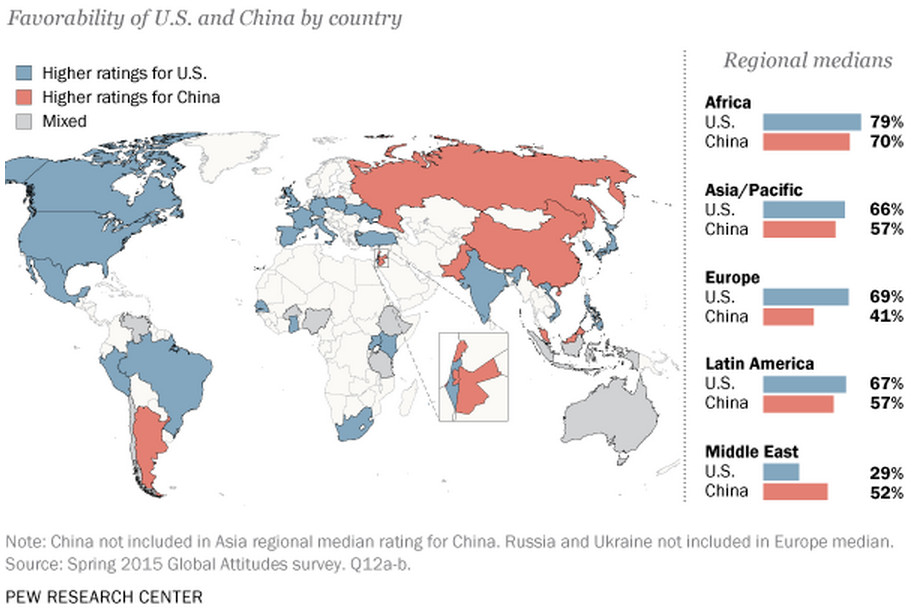i mean, there are really 2 ways of interpreting that graph.
one is 'wow, a really tiny percentage of the world's population are putting out a helluva lot of co2 emissions, relative to their population size'. the other is 'oh, okay, although most of the largest population groups on the planet are way below the global average, we in fact need to kill off half their population or enact strict birth control regimes on their populations'.
here is another interesting graph, this time of the g20 and which is missing australia, but still: a germane comparison between first-world post-industrial nations and developing/recently developed countries like south korea, according to your preferred measure of 'personal choice' and 'individual lifestyles':

the problem, as you can see, is not people with too many children or of people overpopulating: it's the fact that, the richer you are, the more you consume and the worse your contributions. even within nationalities, it's clear that the rich (to say nothing of the superrich) are burning up fossil fuels at a rate far in excess of even their fellow citizens. to put it another way, and in a way i know you'll like, we need to be
more intersectional in this analysis. your average brit who goes on a package holiday with their sprogs to marbella once every 3 years is not in the same ballpark as your City CEO or high-flyer. and your average korean consumes less than an average european (and much way less, one can assume, than an average aussie).
the above graph also itemises many sociological facts which are salient to this discussion, i think. such as countries with high rates of single-home occupancy, which consume an incredibly higher amount of energy and emissions, versus multi-generational homes and large family environments. can you really blame a country for having 'too large a population' when, for instance, south and east asian cultures typically live together in large family households? the low birthrate in the west is great, and all, but people living alone in northern europe are probably consuming a lot more power/person. also the fact that countries like the US, with ridiculously poor infrastructure and standards of public transport, as well as horrendous urban planning necessitating individual transport to get anywhere, means that even the lower socioeconomic brackets still consume an astronomical amount of energy/person.
it's funny how dramatically different the per capita picture is when you zoom out from your preferred obsession of household consumption to a general per capita average, i.e. when you add industrial, commercial, agricultural, etc, usage back into the picture. compare the UK's standing in the above/below.


it's clear that focussing exclusively on household budgets or personal carbon footprints is missing the true picture, and each nation's consequent responsibility, by a country mile. and your laughable understanding of population growth/decline and demographics isn't compensating for your lack of analysis, either. many of the populations which you most volubly point the finger at are already in decline, and will continue to do so into the future. the most pressing and proximate issues facing us today are not the projected population growth of africa, dilbert (where most of the new births in the next century will occur, by quite a margin). their collective carbon contribution is nonexistent.
it's really a poor show to punch downwards on specific individuals in the west or to blanket blame 'overbreeding races'. it's clear that we need actual top-down policy targeting big business, heavy industry and, if you want to make it a matter of household budgets, the super-rich and rich. that's the most effective and immediate means. average middle-class consumers pointing the fingers at one another and exchanging barbed remarks about their flying habits or diets is not going to fix anything.
Last edited by uziq (2021-11-09 02:27:01)







